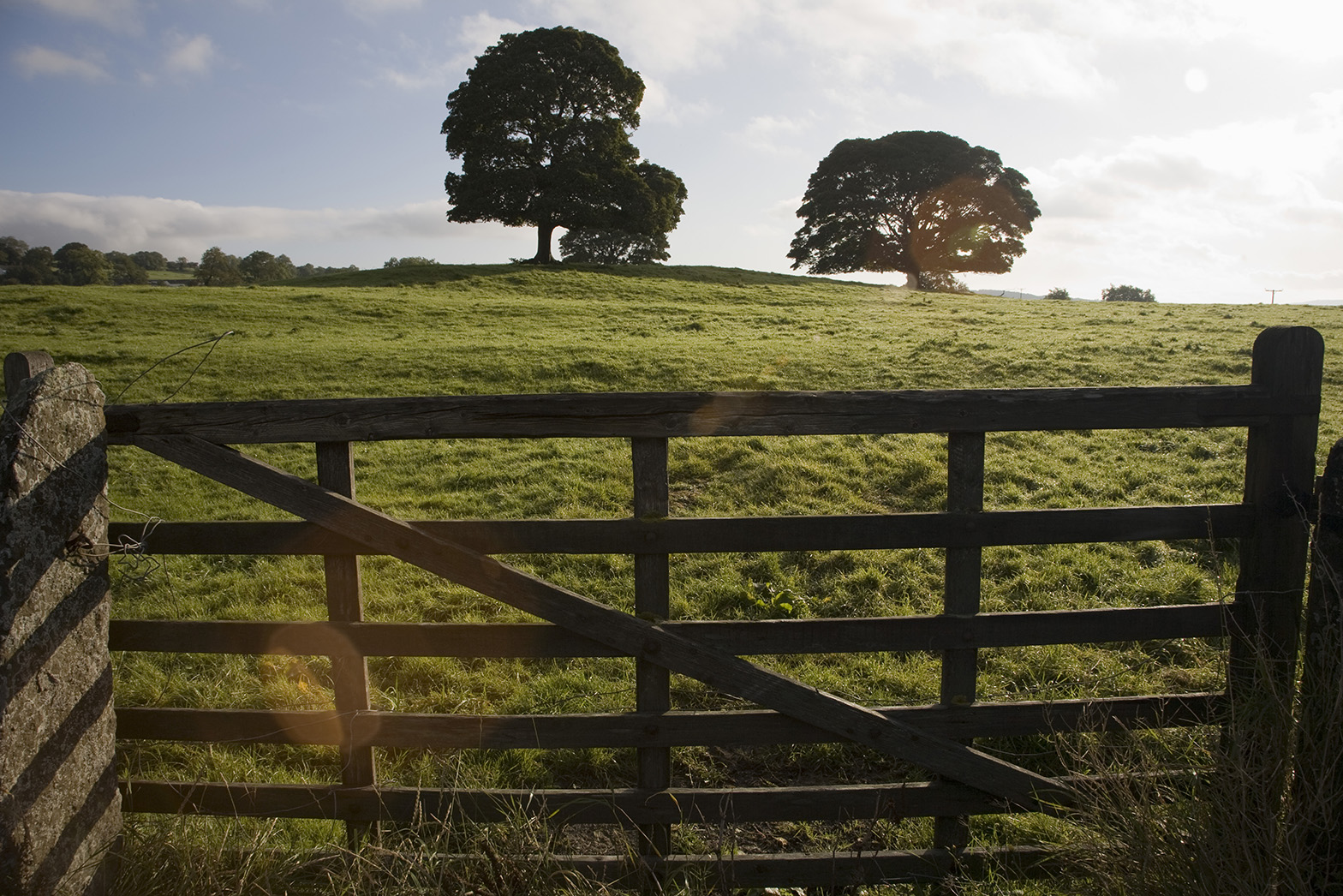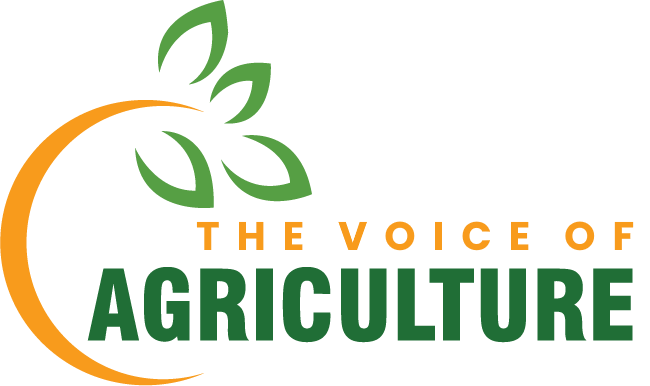
Yorkshire Dales, Yorkshire, England
Technology for one. Technology helps on one level with precision farming. Not many clients are using it, but it is becoming more popular and it is very high tech but the challenges that the producers are facing are; ‘What to do with the data?’, ‘Who owns the data?’ And, I don’t care how smart your technology is, but at the end of the day if you don't get the moisture you are done.
But if the government decides to implement technology to get more information about who is more qualified to get the grants, this could be faster to get clarity on who needs it, and this has already started in some areas.
So, the moisture is the biggest challenge and the producers need to have sustainable practices, and the more technology doesn’t mean you will preserve more moisture.
I am not an agrologist. I look at the numbers. That’s how I know who my successful people are and who are not.
What the government could do to expedite their decision making process is, to get rid of some bureaucratic policies that producers need to get through.Right now the amount of paperwork required is extensive.
Maybe they could come up with a system similar to hail damage insurance. With hail insurance, if you have damage they immediately assess that damage, and in a short period of time there’s a check in the mail. This could work because it is timely and they coordinate with audits and post harvest reports . Sometimes it is more important to deliver money than to follow up with the paper. I understand that it’s taxpayers money, but that’s why we pay the taxes, to keep the farmers in business and the economy moving.
I look forward to next week when I'll be talking about The Effects of a Drought on Perishable Goods at the Grocery Store
Fred Mertz
Fred@thevoiceofagriculture.ca
